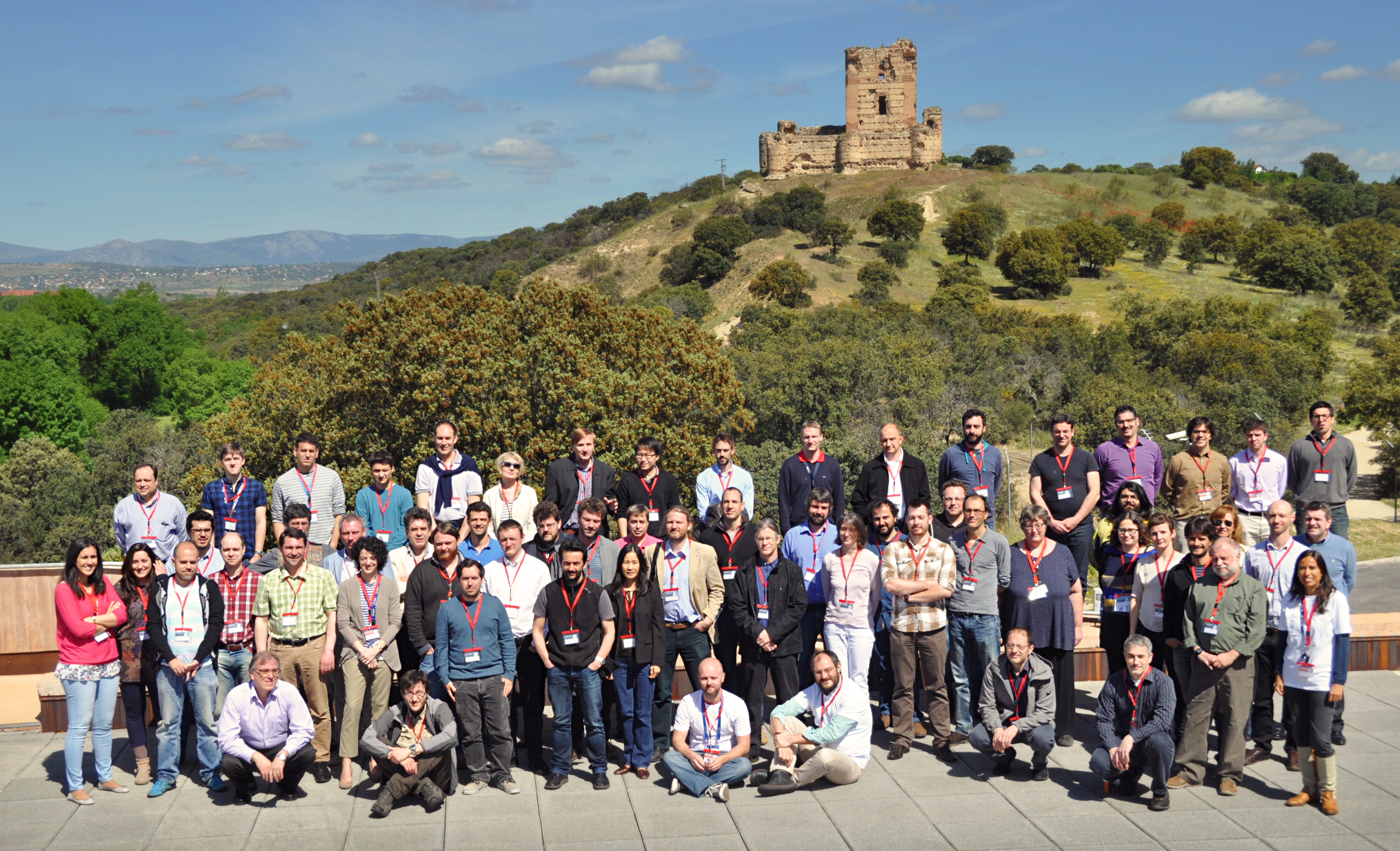The Open attribute is being attached to several concepts lately. Science, data are some of the most obvious.
Where do we stand as a community?
Planetary Science is a young field and rather open since its birth, compared to many others. Nowadays, data from most planetary exploration missions worldwide are available freely, although that is still not true for 100% of those missions and data.
Things moved fast in recent years and both professional scientists and data enthusiasts enjoy access to a vast amount of processed (higher-level) data for all kinds of applications. One could wonder why at all it is needed to propose any OpenPlanetary approach. In fact, data use and reuse have much been less of an issue than in other disciplines.
Sharing data, tools and overall knowledge, could increase scientific return and overall benefits, even beyond the research community, including reuse of tools, code and datasets. Moreover, once the professional lifetime of scientists and data producers ends, the lack of data sharing of what exists beyond archived products is likely irreversible.
Large-scale success stories in data salvation and digitization are linked to very well-documented and well-supported projects, such as those related to Apollo. Small teams or individual scientists not sharing their data and knowledge in time might not leave such legacy.
Astronomy made data archives open and accessible earlier and better (they also have less of a PI Team structure with a more common observatory-like approach), but we (planetary scientists) are catching up, for example with EuroPlanet VESPA.
This could help against such loss, but more can be done. Although data from planetary missions are archived and available, few issues still exist, e.g.:
- Not all products developed by teams are made available to the public, even long time after mission (and science exploitation –> original data –> papers –> citations –> scientific credit –> funding –> …)
- Often tools and calibration routines are not publicly available
- Open Access (lately pushed by EU funding programmes) of papers without open access to data, tools and algorithms does not help much to make code reusable, research reproducible and algorithms subject to further improvement
What could change?
We believe that sharing data, tools and overall knowledge, rather than keeping them in a closed experiment team, would - at no cost, even in the short term - increase scientific return for both people inside and outside teams.
- Being open from the early phases of the (planetary) research cycle could make paternity/maternity of certain work and discovery visible upfront
- sharing code from early on can increase its suitability to improvement
- sharing (good, usable) data, optimally quotable (e.g. DOI) or through a relevant peer-reviewed publication can provide general benefits at no to very little cost (data are already produced, i.e paid for)
- a bit far-fetched, but still: funding also for how much, to which extent data produced are usable, used and useful could be a virtuous target
How did OpenPlanetary start?
Of course the above statements are rather top level, some easily implemented, some less. The way OpenPlanetary took shape is to start very close to data, data producers and users. We gathered and started exchanging ideas piggy-back on 2 workshops, the 2015 ESAC GIS Workshop and the USGS Planetary Data Workshop.

What can you get from OpenPlanetary?
Help, to start with. If you are a newcomer in the Planetary Science (data) business, existing expertise among OpenPlanetary members can help you getting started. Lately, we announced our new website and blog, and we are going to point to existing sources of information, share new developments, tutorials or relevant info, in form of blog posts, repositories, documents, or alike.
How to contribute?
If you want to share info on, contribute to, or seek cooperation for Planetary Science-related data, code and tools, please get in touch.
Where to go?
Where to go next is not only in the hands of the these individuals, but we would like to change, also with small-scale efforts, the way Planetary Science is practiced, towards a more open, collaborative approach.
Broader efforts are also inspiring and consistent with ours, such as the recent OpenUniverse initiative
Thanks for reading!